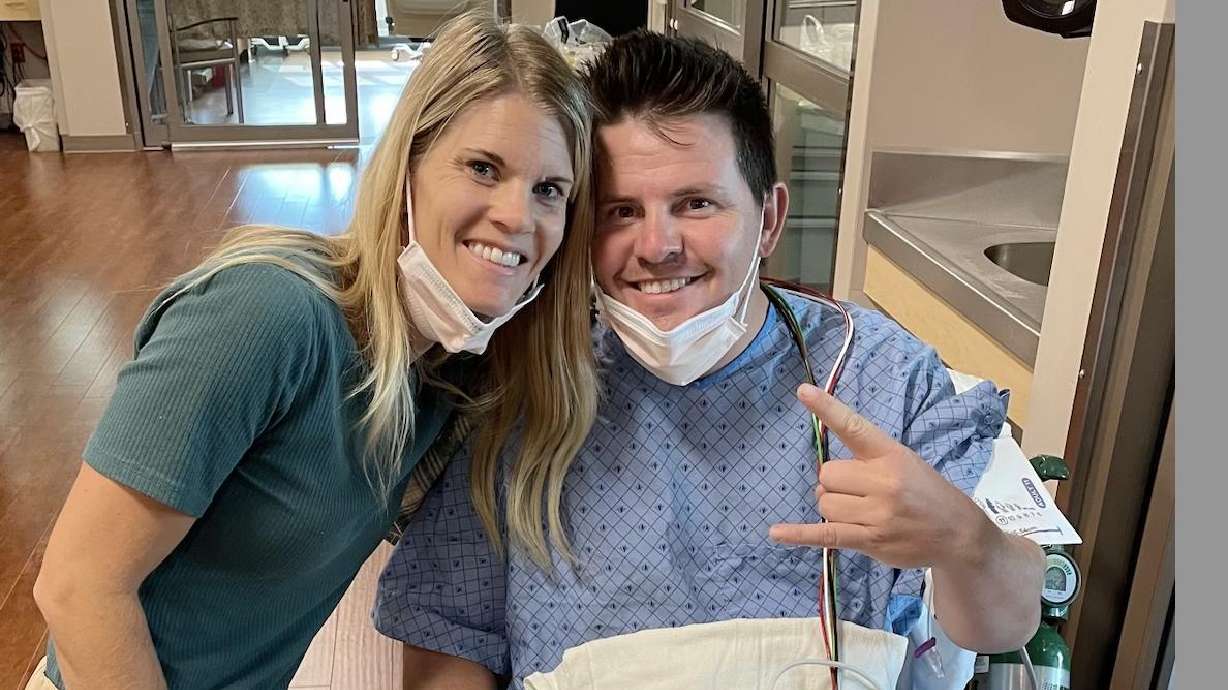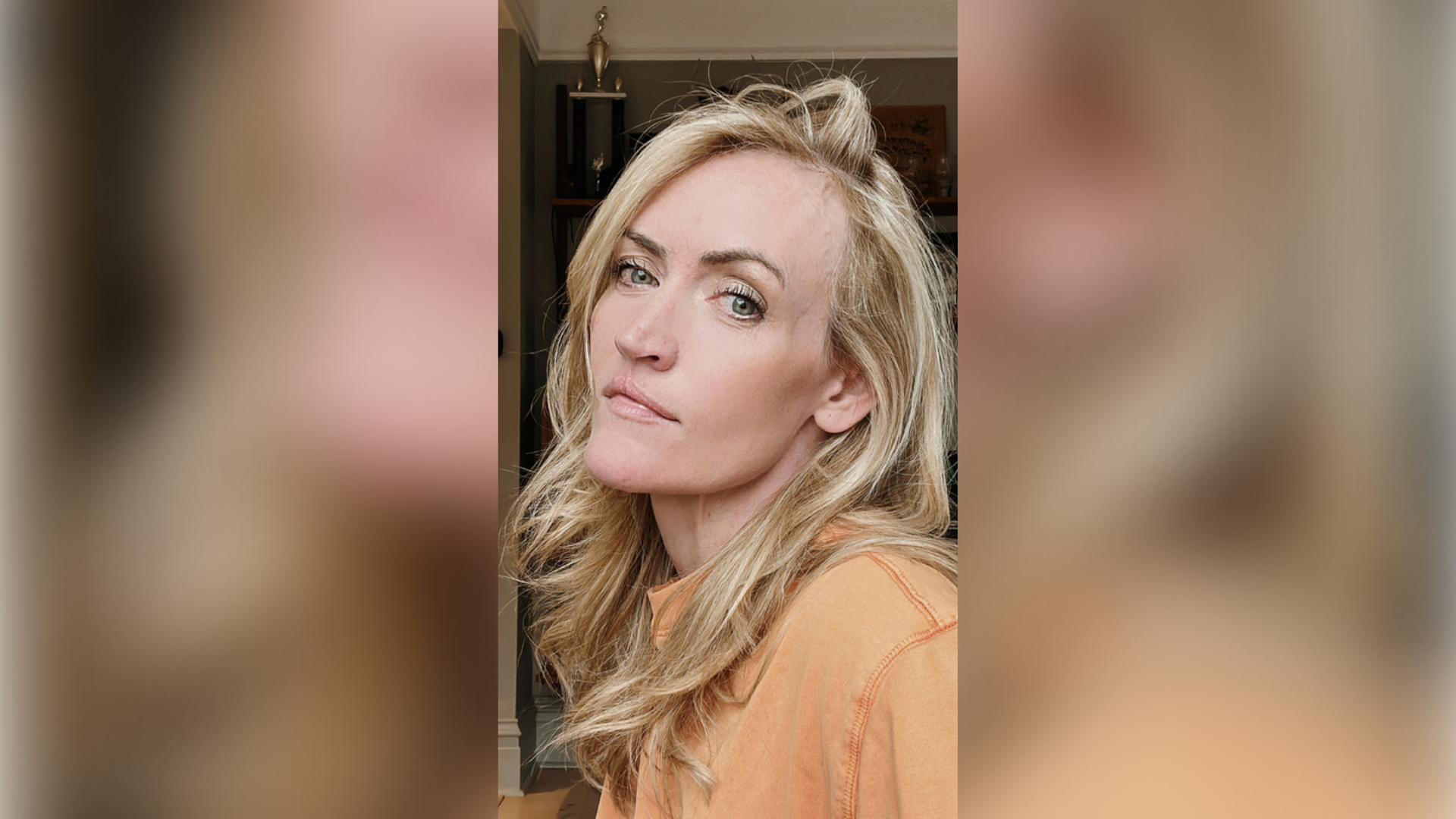HEALTH
Millions have received the shot, but coronavirus vaccine questions remain
Dec 28, 2020, 6:30 PM | Updated: 6:32 pm

Health worker Maria Ramírez is the first to get vaccinated for COVID-19 at the General Hospital in Mexico City, early Thursday, Dec. 24, 2020. The first batches of vaccines produced by Pfizer and its German partner, BioNTech arrived the previous day. (AP Photo/Eduardo Verdugo)
(AP Photo/Eduardo Verdugo)
SALT LAKE CITY — Coronavirus vaccine questions remain, even though that, as of Monday, more than 2.1 million Americans have rolled up their sleeves for shot. Because COVID-19 is a new coronavirus, there are still coronavirus vaccine questions, and much to be learned about this pandemic-causing disease.
US health officials are aiming to immunize a third of the nation by the end of March, 2021.
Meanwhile, COVID-19 continues to rage out of control. The US death toll from the pandemic as of Monday passed more than 334,000. In Utah, two more deaths reported today bring the total number of Utahns who’ve died from COVID-19 to 1,217.
As of Saturday, more than 117,000 patients were hospitalized in the country due to COVID-19, according to The COVID Tracking Project.
The Food and Drug Administration (FDA) granted emergency use authorization to Pfizer/BioNTech’s COVID-19 vaccine for people 16 and older on Dec. 11. The push to distribute the vaccine to all 50 states began the next day. Moderna’s version was approved Dec. 18.
Both Pfizer and Moderna report that their vaccines show about 95% efficacy at preventing mild and severe symptoms of COVID-19.
The vaccine will limit the spread of the novel coronavirus in communities as more people are inoculated against it.
But precautions like social distancing and wearing masks will still be needed until widespread immunity to the virus is achieved, which depends on how long the average person retains immunity from the novel coronavirus, which is still unclear.
Much is not known yet about SARS-CoV-2 — the virus that causes COVID-19. The virus is not the same as other coronaviruses that commonly circulate among humans and cause illness, such as the common cold.
How long do coronavirus vaccines provide protection against the virus?
This coronavirus vaccine question was recently addressed by the World Health Organization:
It’s too early to know if COVID-19 vaccines will provide long-term protection. Additional research is needed to answer this question. However, it’s encouraging that available data suggest that most people who recover from COVID-19 develop an immune response that provides at least some period of protection against reinfection – although we’re still learning how strong this protection is, and how long it lasts.
So researchers and scientists will just have to wait and watch.
Pfizer, BioNTech and Moderna have committed to actively monitoring the participants in their clinical trials for at least two years, according to vox.com.
The CDC has recommended that healthcare workers and seniors be the first to receive the vaccine. After those groups are vaccinated against the virus, it may be as long as spring or even summer before enough vaccine can be manufactured to inoculate the general public.
How does the vaccine work?
This is one of the most common coronavirus vaccine questions. The coronavirus that causes COVID-19 has spikes of protein on each viral particle. The spikes help the virus attach to cells and cause illness. Some coronavirus vaccines are designed to help the body “recognize” the spike proteins and fight the coronavirus that has the spikes.
The Pfizer vaccine uses messenger RNA (mRNA) and carries the instructions for making the “spike” protein that lets the virus enter human cells. The mRNA vaccine tells immune cells to make the protein and act as if they have already been infected with the novel coronavirus, giving some immunity against it.
The memory cells that produce antibodies could remain effective for as few as a couple of months, or last as long as a couple of years or more, according to Sciencealert.com.
A study published Dec. 23 in the New England Journal of Medicine showed that health workers in the United Kingdom exposed to the novel coronavirus produced protective antibodies against the virus and were protected against reinfection for at least six months.
RELATED:
Utah distribution timeline for the COVID-19 vaccine
How To Prevent the Spread of COVID-19 Coronavirus
COVID-19 coronavirus spreads person to person, similar to the common cold and the flu. So, to prevent it from spreading:
- Wash hands frequently and thoroughly, with soap and water, for at least 20 seconds.
- Don’t touch your face.
- Wear a mask to protect yourself and others per CDC recommendations.
- Keep children and those with compromised immune systems away from someone who is coughing or sneezing (in this instance, at least six feet).
- If there is an outbreak near you, practice social distancing (stay at home, instead of going to the movies, sports events, or other activities).
- Get a flu shot.
Local resources
Utah’s Coronavirus Information
The Church of Jesus Christ of Latter-day Saints
Utah Coronavirus Information Line – 1-800-456-7707
National Resources
Centers for Disease Control and Prevention
Commonly asked questions, World Health Organization











